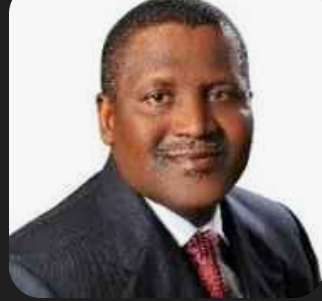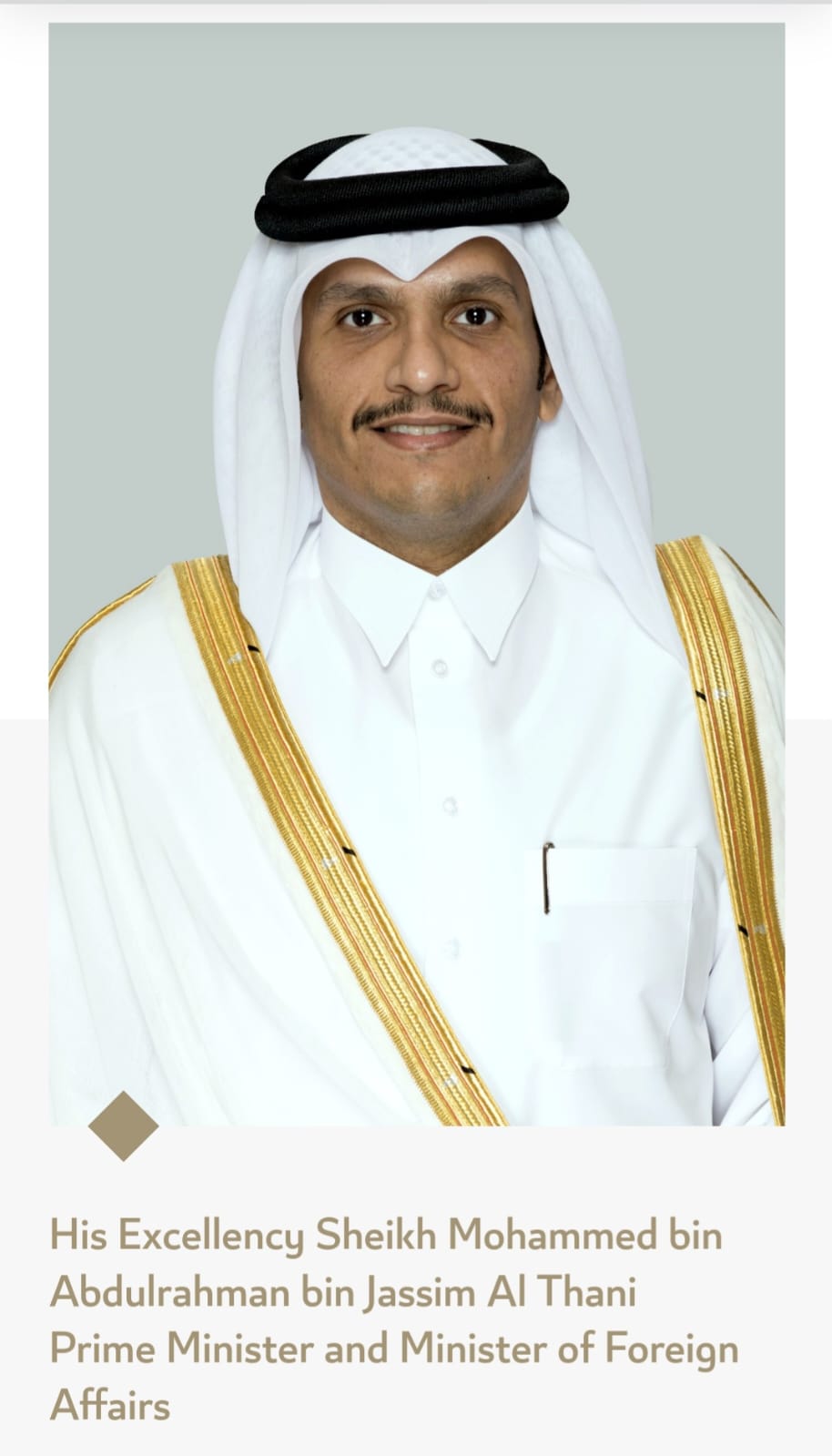News
Nigeria to end fuel imports by June, says Dangote

By Kayode Sanni-Arewa
Africa’s richest man and Chairman of the Dangote Group, Aliko Dangote, has said that following the laid-down plans of the Dangote Refinery, Nigeria will no longer need to import gasoline starting next month.
Dangote also stated that his refinery can meet West Africa’s petrol and diesel needs, as well as the continent’s aviation fuel demand.
He spoke at the Africa CEO Forum Annual Summit in Kigali on Friday, expressing optimism about transforming Africa’s energy landscape.
“Right now, Nigeria has no cause to import anything apart from gasoline and by sometime in June, within the next four or five weeks, Nigeria shouldn’t import anything like gasoline; not one drop of a litre,” he declared.
He also outlined progress made by the oil company to ensure that Africa as a continent becomes self-sufficient when it comes to the energy sector.
He said, “We have enough gasoline to give to at least the entire West Africa, diesel to give to West Africa and Central Africa. We have enough aviation fuel to give to the entire continent and also export some to Brazil and Mexico.
“Today, our polypropylene and our polyethene will meet the entire demand of Africa and we are doing base oil, which is like engine oil, we are doing linear benzyl, which is raw material to produce detergent. We have 1.4 billion people in the population, nobody is producing that in Africa.
“So, all the raw materials for our detergents are imported. We are producing that raw material to make Africa self-sufficient.
“As I said, give us three or a maximum of four years and Africa will not, I repeat, not import any more fertilizer from anywhere. We will make Africa self-sufficient in potash, phosphate, and urea, we are at three million tonnes and in the next twenty months, we will be at six million tonnes of urea which is the entire capacity of Egypt. We are getting there.”
Dangote also went further to outline the achievements of the company since the commissioning of the refinery in February.
PUNCH
News
Nigeria Congratulates Qatar on National Day

By Gloria Ikibah
The Federal Government of Nigeria has extended its heartfelt congratulations to the State of Qatar on the occasion of its National Day, celebrated on Wednesday, December 18, 2024.
In a statement signed by the Acting Spokesperson for the Ministry of Foreign Affairs, Kimiebi Imomotimi Ebienfa, Nigeria’s Minister for Foreign Affairs, Ambassador Yusuf Maitama Tuggar, conveyed fraternal greetings to Qatar’s Prime Minister and Minister of Foreign Affairs, His Excellency Sheikh Mohammed bin Abdulrahman bin Jassim Al Thani.
The statement highlighted Qatar’s commitment to promoting global peace and its significant contributions to humanitarian services worldwide.
“The Federal Government of Nigeria commends the commitment and strategic efforts made by the State of Qatar in the promotion of global peace; and more so, the excellent contributions to humanitarian services in different parts of the world,” it read.
Ambassador Tuggar emphasised the strong and growing relations between Nigeria and Qatar, expressing satisfaction with the collaborative efforts to strengthen ties for the mutual benefit of their citizens.
He wished Qatar peace, prosperity, and progress, reaffirming Nigeria’s enduring friendship and support.
This underscores Nigeria’s recognition of its diplomatic relationship with Qatar and its shared commitment to global cooperation and development.
News
Reps Recommends Delisting NECO, UI, Labour Ministry, 21 Others From 2025 Budget

By Gloria Ikibah
The House of Representatives Public Accounts Committee (PAC) has called for the removal of the National Examination Council (NECO), University of Ibadan (UI), Federal Ministry of Labour and Employment, and 21 other federal Ministries, Departments, and Agencies (MDAs) from the 2025 budget.
This recommendation follows their repeated failure to account for previous allocations and internally generated revenue.
During an extraordinary session on Wednesday, December 18, 2024, the Committee resolved that these MDAs should be excluded from the budget until they comply with its directives.
Chairman of the Committee, Rep. Bamidele Salam, stressed: “The Financial Regulation empowers the National Assembly to exclude any Ministry, Department, or Agency (MDA) that fails to account for their previous appropriations. As such, the listed MDAs should be excluded from the 2025 budget until they appear before this constitutional committee.”
The decision was prompted by the consistent non-compliance of these MDAs despite multiple summons issued by the Committee to scrutinize their financial operations.
Prominent institutions among those recommended for delisting include hospitals, universities, and federal development agencies. Some of the affected MDAs are:
- Federal Medical Centre, Bida
- Federal Ministry of Labour & Employment
- Ahmadu Bello University Teaching Hospital, Zaria
- Nigeria Police Force: Department of Information and Communication Technology
- Federal College of Education (Technical), Asaba
- Federal College of Education, Yola
- Federal Polytechnic Ekowe, Bayelsa State
- Abubakar Tafawa Balewa University Teaching Hospital, Bauchi
- Federal University of Technology, Minna
- Cross River Basin Development Authority
- Nigeria Office for Trade Negotiation
- National Examination Council (NECO)
- Nigeria Police Academy, Wudil
- Presidential Amnesty Programme
- Galaxy Backbone
- Senior Special Assistant to the President on Sustainable Development Goals
Others include the National Health Insurance Authority (NHIA), Nigeria Nuclear Regulatory Authority, National Space Research and Development Agency, Federal Cooperative College (Ibadan), Upper Niger River Basin Development Authority, University of Lagos, University of Ibadan, and Federal School of Survey, Oyo State.
The Committee unanimously recommended that the MDAs in question be delisted from the 2025 budget until they comply with the request for documentation and provide necessary financial clarifications.
News
Reps Call for Revival of NAPAC to Boost Transparency, Accountability

-

 News17 hours ago
News17 hours agoGov Adeleke Speaks On Death Sentence For Chicken Thief
-

 Sports23 hours ago
Sports23 hours agoCAF Awards 2024: Full List of Winners
-

 News17 hours ago
News17 hours agoJust in: CBN Imposes N100k Bar on PoS, Issues Warning to Operators
-

 News23 hours ago
News23 hours agoThree to die by hanging for killing Delta monarch
-

 News22 hours ago
News22 hours agoCAC deregistered 300,000 dormant companies in one year
-

 News22 hours ago
News22 hours agoKaduna returns Abacha family property seized by El-Rufai
-

 Sports24 hours ago
Sports24 hours agoAlejandro Garnacho’s bicycle kick wins 2024 FIFA Puskás Award
-

 Entertainment22 hours ago
Entertainment22 hours agoBBNaija’s Chichi reportedly returns to pole dancing








